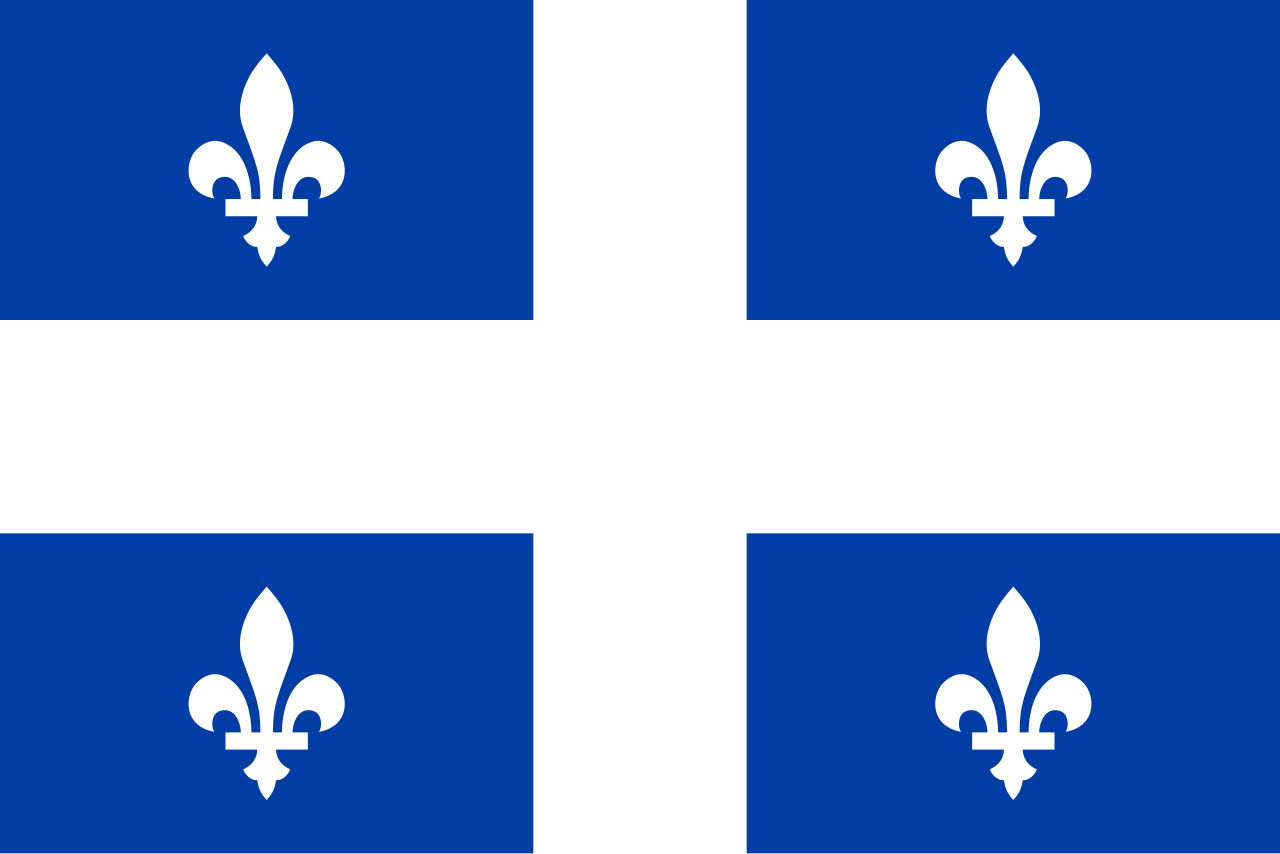Quebecois
Quebecois is the predominant cultural identity of the province of Quebec within the Kingdom of Canada. Being a subculture mix between Anglo-Canadian and French, the Quebecois have established themselves as a distinct people within the New World.
First settled by France in 1608 as New France, the territory would transfer to Great Britain following the Seven Years War. When thirteen colonies of British North America rebelled against British rule, the Quebecois, seen with suspicion for being French speaking Catholics, did not join, and thus remained under British rule. While within the British Empire, the Quebecois fought diligently to retain their cultural identity, gaining this recognition and protections under the Quebec Acts. These protections were also guaranteed within the Canadian Constitution signed by King Alfred I upon the independence of Canada.
During the Great War, some Quebecois answered the call to arms by Queen Victoria and fought valiantly on the front lines. However, when the Canadian government opened the idea of conscription, the vast majority of the French population opposed it, leading to a crisis within the government. After the war, this was seen as a betrayal by the Anglo-Canadians, and many extremists felt it directly caused Canada's defeat in the war. These ideas were compounded when France, Holland, and Occitania reorganized into the Comintern Union.
The proposition of anti-French legislation in Parliament caused protests within Quebec. When these led to the Montreal Riots in 1925, the sentiment that French culture and identity was linked to violence was cemented among the Canadian conservatives, and Queen Victoria lamented in giving Royal Assent. Many Quebecois fled Canada, escaping persecution to other parts of North and even South America.



Comments